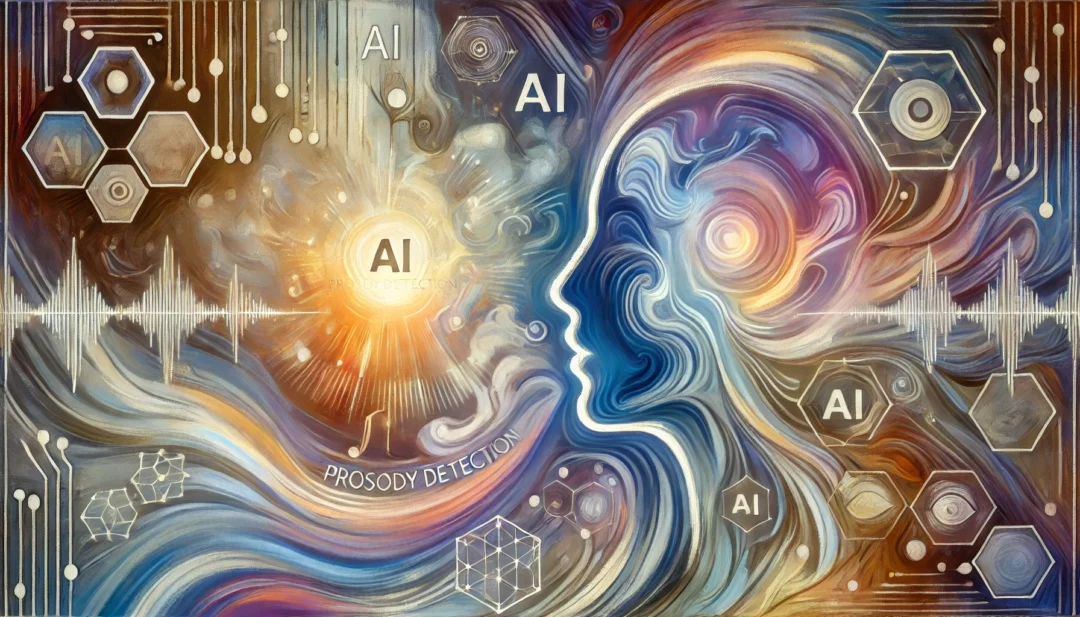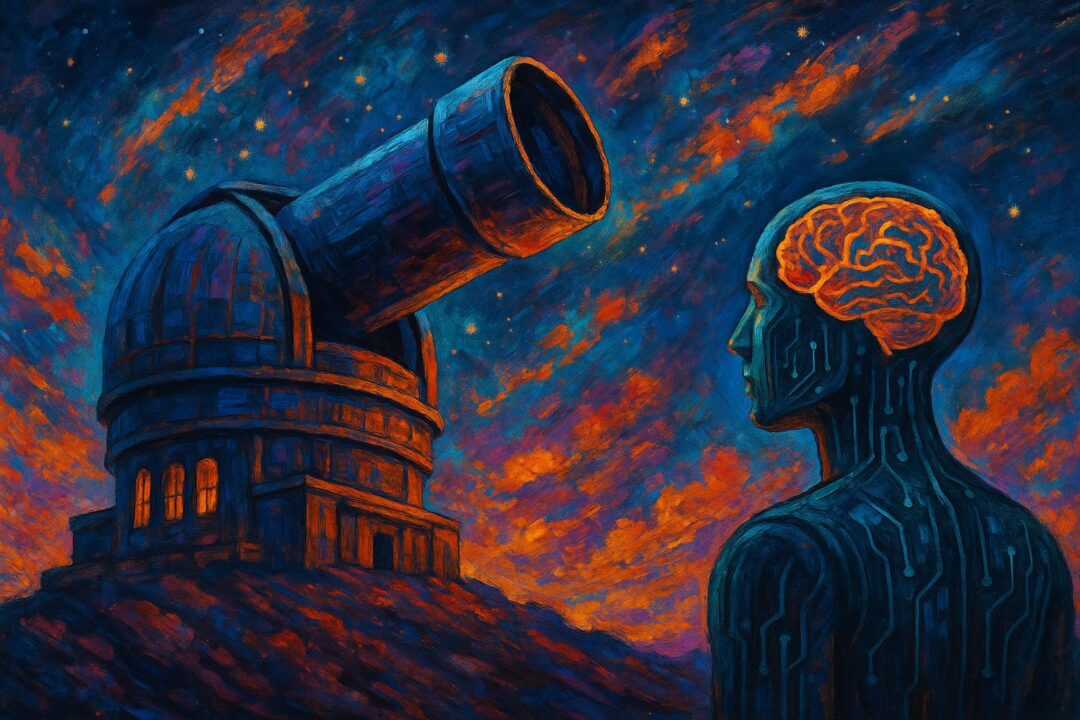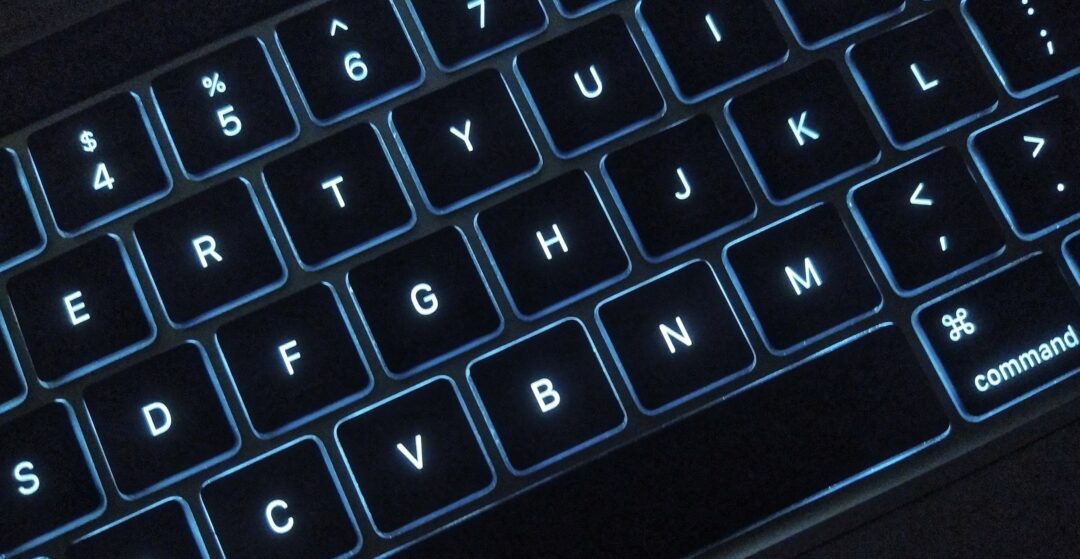When I first tried VR, a few things blew my mind. But there’s one that has stuck in my mind ever since: the ability to control time. In real life, time is a constant. There’s no pause button, no rewind, no fast-forward. The closest we can get to manipulating time is through a few extreme, and frankly unrealistic, scenarios—approaching a black hole, traveling at light speed—or through more familiar, subjective experiences like taking a nap (speeding up time), having a near-death experience (slowing it down), or even taking psychedelics (which could make time feel like it’s moving in either direction, or nowhere at all).
But VR changes this. It gives us the ability to control time in a way that feels natural. I remember playing SuperHot VR, a game that flipped my understanding of time on its head. In this game, the faster you move your body in real life, the faster time moves in the virtual world. Slow down your movements, and time slows with you. Stop moving completely, and time freezes. For the first time, I experienced what it felt like to have control over something as untouchable as time itself. That feeling of power, of bending reality to my will, stuck with me. It wasn’t just a cool mechanic—it was an existential shift.
What Happens When VR Becomes Indistinguishable From Reality?
Right now, VR has limits. You can still see pixels. Your peripheral vision is often cut off. The headsets are bulky, and while immersive, you’re always aware of the hardware. But imagine a future where those limits no longer exist—a VR experience where the resolution is so sharp you can’t see the pixels, where your field of view matches your natural peripheral vision, and the headset is so lightweight and comfortable that you forget you’re wearing it. Add audio so realistic that it fully mimics the way sound moves and feels in the real world, and suddenly, the line between real life and virtual life disappears.
At that point, VR isn’t just a tool for gaming or entertainment. It becomes an alternate reality that could rival—or even surpass—the real world. And if things that are impossible in real life—slowing or speeding up time, seeing through walls, defying gravity—become possible in VR, wouldn’t that make virtual life better than real life?
The Rules of Reality Are No Longer Fixed
This is what VR offers: a chance to rewrite the rules of existence. In the real world, we’re bound by physics, biology, and time. In VR, those constraints vanish. You can slow down time to analyze a moment, freeze it to reflect, or speed it up to skip the boring parts. You can teleport to other worlds, fly through the sky, or manipulate the laws of gravity. VR gives you the power to design your reality rather than passively exist within it.
And this is what blew my mind most about SuperHot VR. It wasn’t just that the game let me control time—it was the realization that, in VR, the rules of reality are completely malleable. That’s not just a fun novelty. It’s a fundamental shift in how we experience and interact with the world. It makes you wonder: if we can experience things in VR that we can’t in real life, does that make VR more valuable? More desirable? If VR lets you do the impossible, does it have the potential to redefine what it means to live?
Can Virtual Life Surpass Real Life?
When VR becomes indistinguishable from reality, we’ll face a profound philosophical question: why stay tethered to the limitations of real life if we don’t have to? If VR can offer experiences that are richer, more joyful, more exciting, or even more human than what we can achieve in the real world, then where do we draw the line between virtual and real? Does the distinction even matter?
What happens to real life when VR is capable of providing deeper meaning or fulfillment? Imagine a VR world where you can freeze time to reflect on a decision, rewind to relive a perfect moment, or slow things down to fully savor an experience. Imagine a space where you can control every aspect of your environment, from the weather to the laws of physics, or create entirely new worlds that are better suited to your desires and dreams. Could that be more meaningful than the unpredictability and chaos of real life?
The Double-Edged Sword of Escapism
Of course, this opens up other questions. If VR becomes so immersive and compelling that people prefer it to the real world, what happens to society? Would we lose touch with the “real” world, or would we redefine what “real” even means? Would we spend so much time in virtual spaces that we neglect the physical world? Or could VR enhance our appreciation of reality by letting us explore new perspectives and possibilities?
This is where the potential of VR becomes a double-edged sword. On one hand, it could offer unparalleled freedom, creativity, and connection. On the other hand, it could lead to detachment from the world we were born into. The key might lie in balance: using VR not as an escape but as an enhancement, a way to explore the impossible while still cherishing the tangible and imperfect beauty of real life.
When the Impossible Becomes Possible
Ultimately, VR isn’t just a technological innovation. It’s a philosophical challenge. It forces us to confront what we value in life, what we consider “real,” and what it means to live a meaningful existence. When VR gets to the point where it’s indistinguishable from reality, when it lets us manipulate time, space, and the rules of existence itself, the lines will blur. And maybe, just maybe, virtual life will be better than real life—not as a replacement, but as a complement.
Because in the end, what makes life meaningful isn’t whether it’s real or virtual. It’s the experiences, the feelings, the wonder, and the possibilities. And VR gives us a chance to expand what’s possible in ways we’ve only dreamed of.
Discover more from Brin Wilson...
Subscribe to get the latest posts sent to your email.



